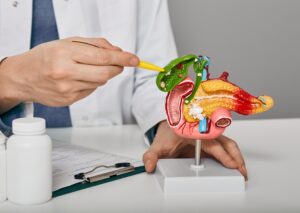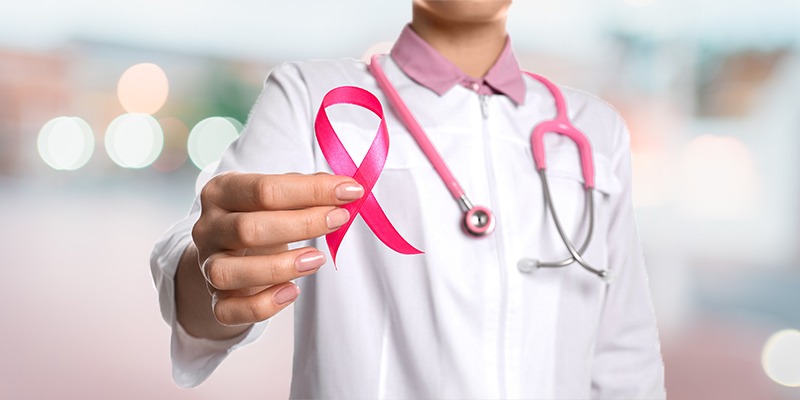Difference between Gallstones and Kidney Stones
 Gallstones and kidney stones :
Gallstones and kidney stones :
Gallstones and kidney stones appear alike and are frequently confused. They’re all called stones, but they’re actually two very different circumstances.
The resemblances between kidney stones and gallbladder stones, furthermore known as gallstones, continue.
These can be as small as a grain of sand or much larger than that. Each can cause blockages that interfere with vital body processes. A link exists between gallstones and kidney stones as well. Kidney stones may increase the risk of gallbladder stones and vice versa.
The location, origins, symptoms, and management of gallstones and kidney stones differ. They do, however, have one feature : stomach discomfort.
Unless you’re experiencing severe, intense abdominal discomfort, it’s critical to distinguish between the two. The parallels don’t end there. Both kidney stones and gallbladder stones can halt the passage of fluids in your body. These can cause excruciating pain and agony and may need therapy or even surgery to eradicate.
What is Gallstones ?
Gallbladder stones usually are discovered in the gallbladder. The gallbladder’s primary role is to collect bile. In addition, the gallbladder aids digestion. Gallstones are firm lumpy particles that occur within the bile duct or gallbladder. Your human body produces bile, which is made up of lipids, water, cholesterol, proteins, bile, and salt.
Gallstones form if there is an excess of cholesterol or bilirubin, another byproduct of the gallbladder.
Gallstones begin as little as a grain of sand and progressively get larger over time. Because of their tiny size, several individuals are unaware they have them until they start hurting. They are also to blame for cholecystitis, which causes excruciating discomfort in the patient. If it is not treated promptly, they can cause significant pain and subsequent difficulties by obstructing ducts. If it is not removed, they can also cause illnesses.
Causes –
- Full gallbladder : Usually a full gallbladder is caused by an excess of bile. It causes gallbladder dysfunction. Extra bile inside the gallbladder can congeal and harden, forming stones.
- High cholesterol levels : A high cholesterol level may cause yellow cholesterol stones because they are isolated from your bile. This occurs when the amount of cholesterol in your bile exceeds what your body can dissolve.
Symptoms –
- Vomiting
- Nausea
- Diarrhoea
- Clay-coloured stools
- Dark urine
Treatment –
A gallstone is asymptomatic in its early stages, thus the affected individual is oblivious of its presence. Only until it grows in size and develops an obstruction, resulting in discomfort, does the individual recognise they have a gallstone. The most successful therapy is surgery.
Gall bladder stones can be avoided by leading a healthy lifestyle. This included maintaining healthy body weight and working out frequently.
What is Kidney Stones ?
Mineral deposits in the kidney, on the other hand, cause kidney stones. The kidney cleanses the blood and excretes waste in the form of urine. As a result, minerals are separated from harmful waste. Such minerals subsequently mix to produce sand-sized grains. However, they grow in size with time and might create system difficulties.
Kidney stones are frequently caused by low liquid levels in your body. When your body gets adequate water and fluids, the kidneys operate normally and prevent the formation of kidney stones. Kidney stones can be caused by a variety of factors, including a poor diet, advanced age, and calcium supplements.
Kidney stones, like gall bladder stones, might be asymptomatic in the beginning. Pain can first be felt in the kidneys and then spread to other regions of the body.
Causes –
- The two primary causes of kidney stones are poor nutrition and obesity. Far to much weight and an improper diet may limit the functioning of the organs, resulting in mineral accumulation in the kidneys.
- A lack of water : Water is critically important to the human body. This keeps the body running smoothly and aids in the clearance of waste. While water levels are low, the body is unable to naturally eliminate wastes. This might result in the accumulation of trash and minerals.
Symptoms –
- Groin and lower abdominal discomfort
- Distress in the shape of waves in the body
- Urination pain or burning feeling
Treatment –
Natural techniques of treating kidney stones include the following:
- Consuming water : Drinking up to 3.6 litres of water every day helps dissolve stones and allows them to move naturally out of your body.
- Pain relievers : While passing kidney stones is a difficult procedure, pain medications can help alleviate some of the tension that patients experience.
- A further therapeutic option is ureteroscopy. This procedure is also done under general anaesthesia. The doctor uses a lengthy funnel instrument to detect and remove the stone, or even to find and break kidney stones into little pieces. If indeed the stone is little, the doctor may be able to remove it. If the stone is large, it must be broken apart. A laser will be utilised in such circumstances to shatter the stone into little pieces so that it can flow via your urinary system.
Do not be alarmed if you or a loved one has been diagnosed with Gallstones and kidney stones Confer with a reputable hospital.
These facilities employ the greatest nephrologists/urologists, gastrointestinal experts and surgeons. Experienced experts will carefully assess your problem and devise a treatment plan for rapid healing and recovery.
If you are looking for a hospital that offers multispeciality care, you should check out Axon Speciality Hospital. This hospital is known for its excellence in medical care and providing treatment as one of the best hospitals in Bangalore.
Book an appointment and Contact us.

